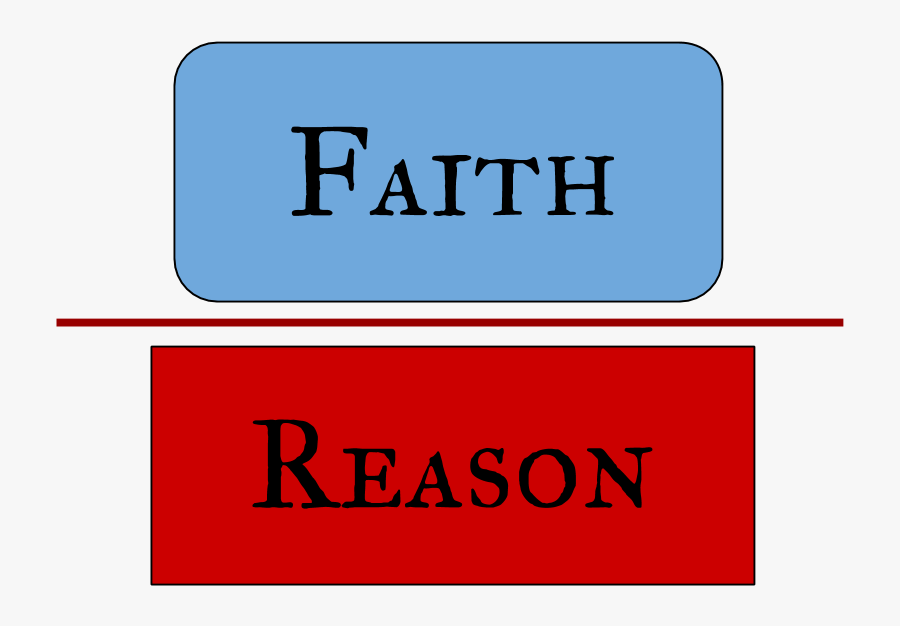Like anyone else who spends some time in the social media world, I (unfortunately) get a daily dose of arguments about social issues – including, and no surprise, *religion*: you know, the hot button topic that is mostly a hot button topic because we adults need better training on how to debate hot button topics.
Today I received yet another daily dose of criticisms against God and Christianity overall – and one particular meme grabbed my attention, followed by the sharer of that meme stating that he is trying to help the world learn reason, and that leaving religion is the answer to real freedom. The meme went like this:
“Is it not odd that you need to be saved from your own God”?
To which I asked that person: What is the basis for that claim? (I am still waiting on a compelling answer).
In the meantime, yes, it matters *how* you support your claims — otherwise, the conversation becomes just as unproductive as people of faith who say, “I just know I believe and that’s that”.
Catholic Christian theology, for instance. is built entirely on a balance between faith and reason. There is even a key document, well, called “Faith and Reason” that explains why Christian theology is based on a balance of both.
Now, that doesn’t mean that some people don’t get it wrong — but truth is truth, even though not everyone can well articulate it.
I, as a devout believer, have plenty of freedom — yet life must also be built on personal responsibility and accountability. Even if religion did not exist at all, these components would still be necessary to human social evolution and building productive societies.
And whether or not the skeptics out there are willing to accept this, the Judeo-Christian tradition *IS* the primary reason for having more forward-thinking, stable, free societies. That’s because only Christian theology — even over secular ideas — places so much emphasis on the sovereignty of the individual.
Which is why the verses in Genesis about men and women being created in the image of God is almost a miracle in human evolution.
In other words, there is a whole lot to unpack about this subject — and no amount of one-liner memes, snarky comments, or sweeping claims about Christian beliefs, will produce an effective conversation.
Even if you *never* believe in God, it is still crucial to separate the facts from the misinformation out there. I was a strident, shamelessly outspoken atheist for over 10 years: I still tell non-believers, to this.day, that if they are going to stay on their path, that they should have the most convincing, most powerful argument possible for not believing in God and Christian theology in general.
So far, I have not heard any convincing arguments. Instead, I hear atheists parroting the same objections that people have been making for at least the past 2000 years Moreover, *all*of those arguments have already been thoroughly refuted.
Hence why I recommend talking with someone who is well grounded in Christian theology. If anything, it could help make you a more convincing non-believer when sharing your arguments.
